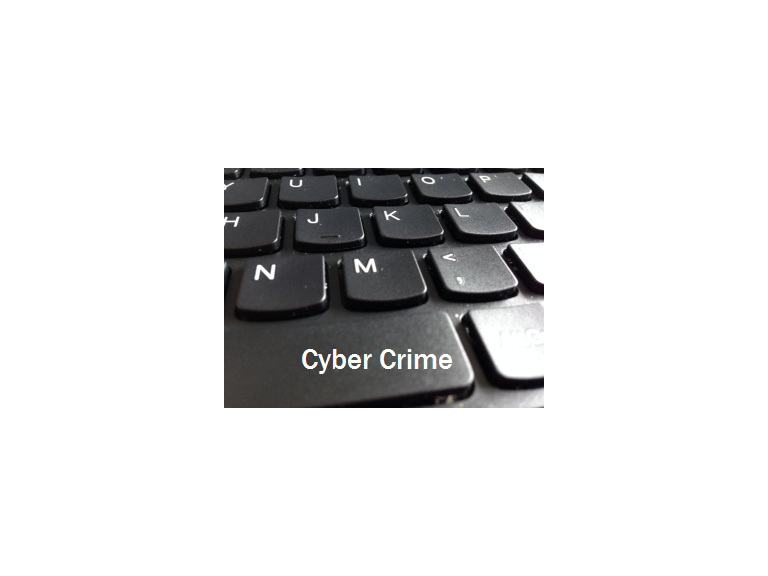
Tim Passmore, Police and Crime Commissioner for Suffolk, who spoke recently at thebestof Haverhill, stresses the importance of using your instincts when using the internet to avoid becoming the next victims of cyber crime. Tim highlighted some of the main areas where individuals and businesses can get caught out:
Some sound advice from Tim, common-sense based solutions that businesses can adapt to protect themselves from cyber crime. Cyber criminals are smart so we won’t all be able to keep up with them but we can definitely do more to ensure our businesses and data are protected and secure. Don’t allow your business to become a victim of cyber crime.
The newest member of thebestof Haverhill team!
The following Cookies are used on this site. Users who allow all the Cookies will enjoy the best experience and all functionality on the site will be available to you.
You can choose to disable any of the Cookies by un-ticking the box below but if you do so your experience with the Site is likely to be diminished.
In order to interact with this site.
To show content from Google Maps.
To show content from YouTube.
To show content from Vimeo.
To share content across multiple platforms.
To view and book events.
To show user avatars and twitter feeds.
To show content from TourMkr.
To interact with Facebook.
To show content from WalkInto.